Location: Finnegan Fieldhouse
“Everlasting Jubilee: How Jesus Changed a Dead Law into Eternal Liberation” –Dr. John Bergsma
“Revisiting the Apocalypse: Lesson for Our Times” –Dr. Michael Barber
Celebration of Holy Mass –Msgr. Michael Heintz
___________________________________________
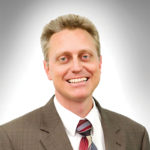
Dr. John Bergsma is a professor of theology at Franciscan University and served as a Protestant pastor for four years before entering the Catholic Church in 2001. Dr. Bergsma holds a PhD in theology from the University of Notre Dame, where he specialized in the Old Testament and the Dead Sea Scrolls. He speaks regularly on Catholic radio and at conferences and parishes nationwide. He and his wife, Dawn, reside with their eight children in Steubenville. The author of several books, his latest is Stunned by Scripture: How the Bible Made Me Catholic from Our Sunday Visitor.
___________________________________________
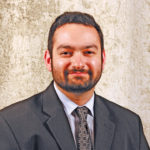
Dr. Michael Barber is associate professor of Scripture and theology at the Augustine Institute (Denver, Colorado). He has authored scholarly articles for academic journals such as Journal of Biblical Literature and Letter & Spirit as well as written popular level books on Scripture. Dr. Barber received a PhD from Fuller Theological Seminary and also holds a BA in theology and philosophy from Azusa Pacific University and an MA from Franciscan University. Along with several co-contributors, Dr. Barber writes for the well-known Catholic Bible blog TheSacredPage.com. He lives in Aurora, Colorado, with his wife, Kimberly, and their six children.
___________________________________________
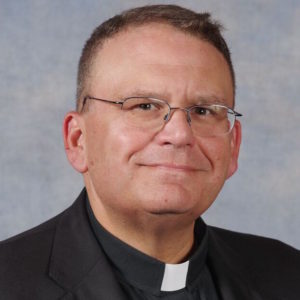
Msgr. Michael Heintz, a priest of the Diocese of Fort Wayne-South Bend, Indiana, is currently associate professor of historical and systematic theology at Mount St. Mary’s Seminary in Emmitsburg, Maryland. Prior to that, he was rector of St. Matthew Cathedral in South Bend, Indiana, and director of the Master of Divinity Program at the University of Notre Dame. His PhD (Notre Dame) is in Greek and Latin patristics



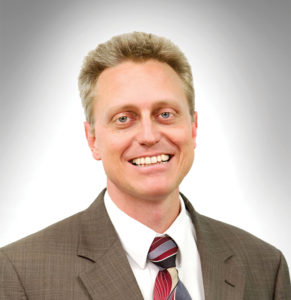

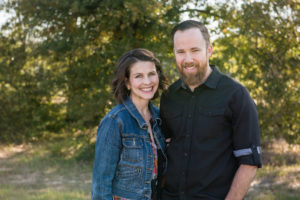
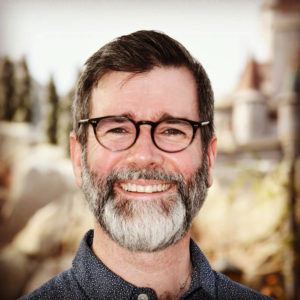
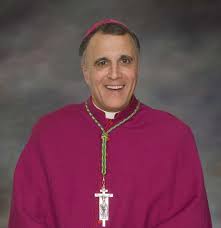
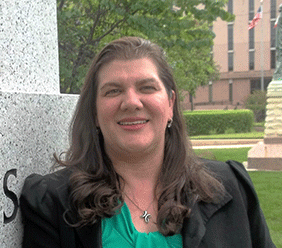
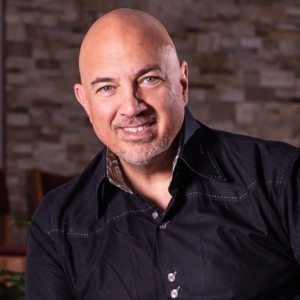
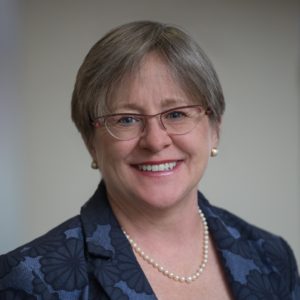 Kimberly Kay Cox
Kimberly Kay Cox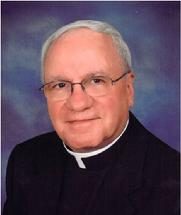
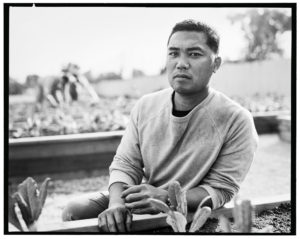
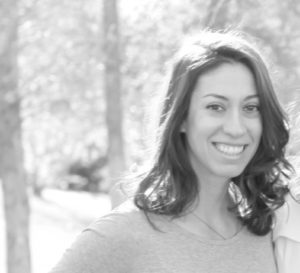
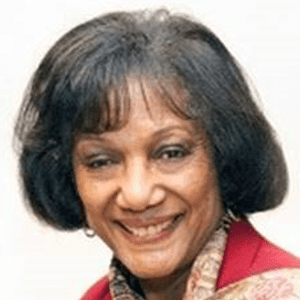
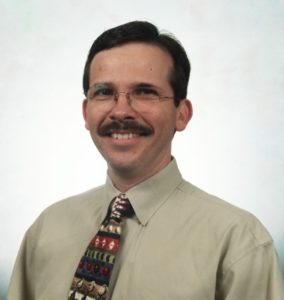
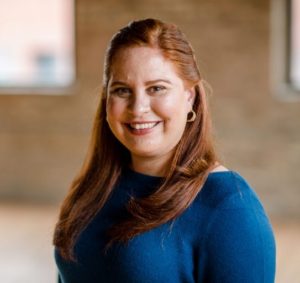
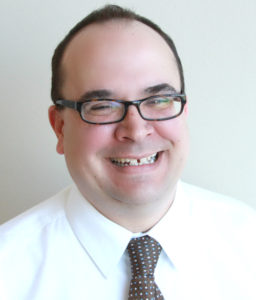
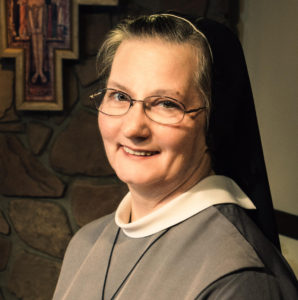
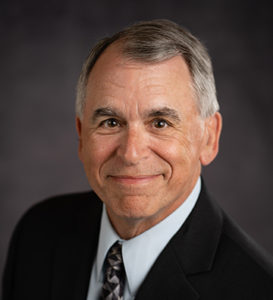 Mark Mogilka
Mark Mogilka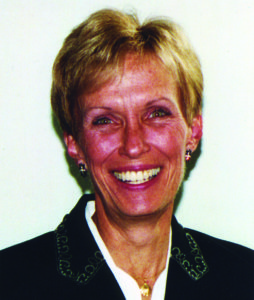
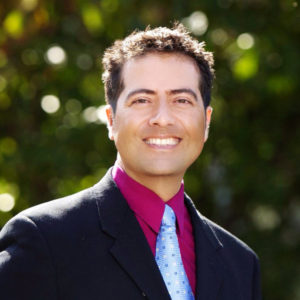
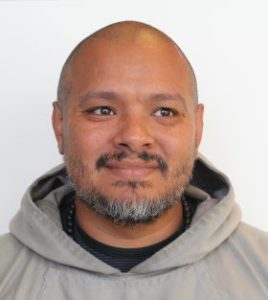

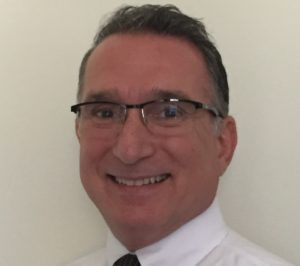
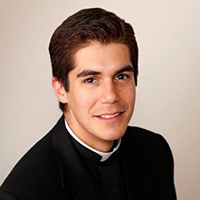
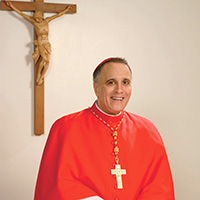
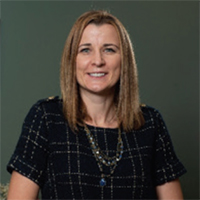
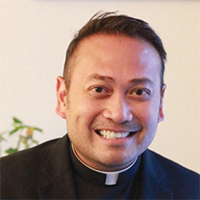
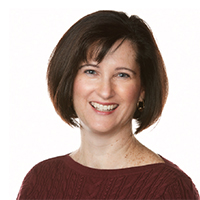
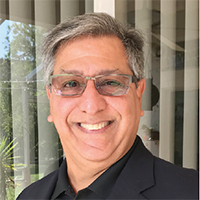
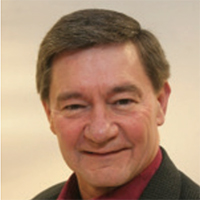
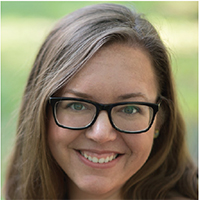
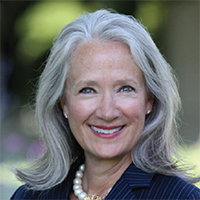
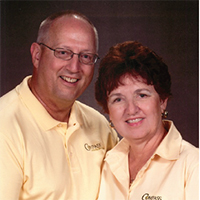
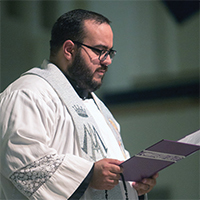
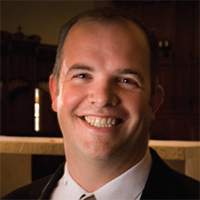
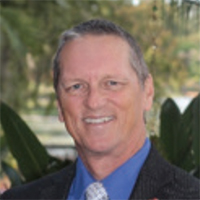
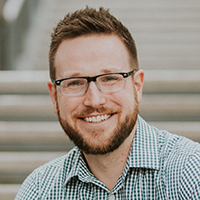
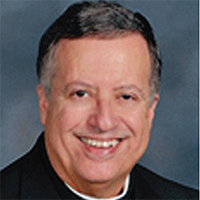

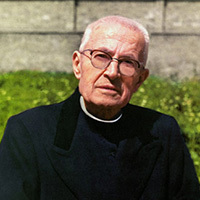
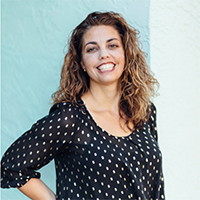

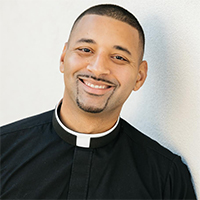

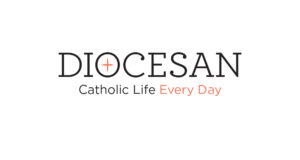
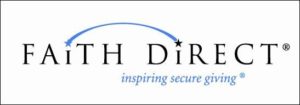
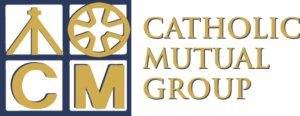
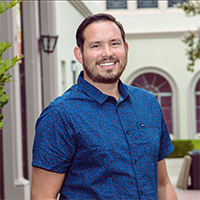
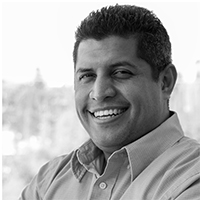 Armando Cervantes
Armando Cervantes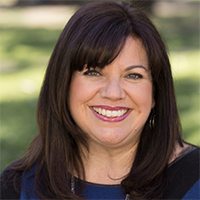 Anna Betancourt
Anna Betancourt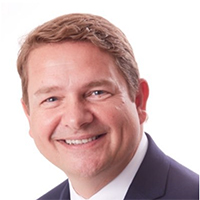
 Andrea Chavez-Kopp
Andrea Chavez-Kopp